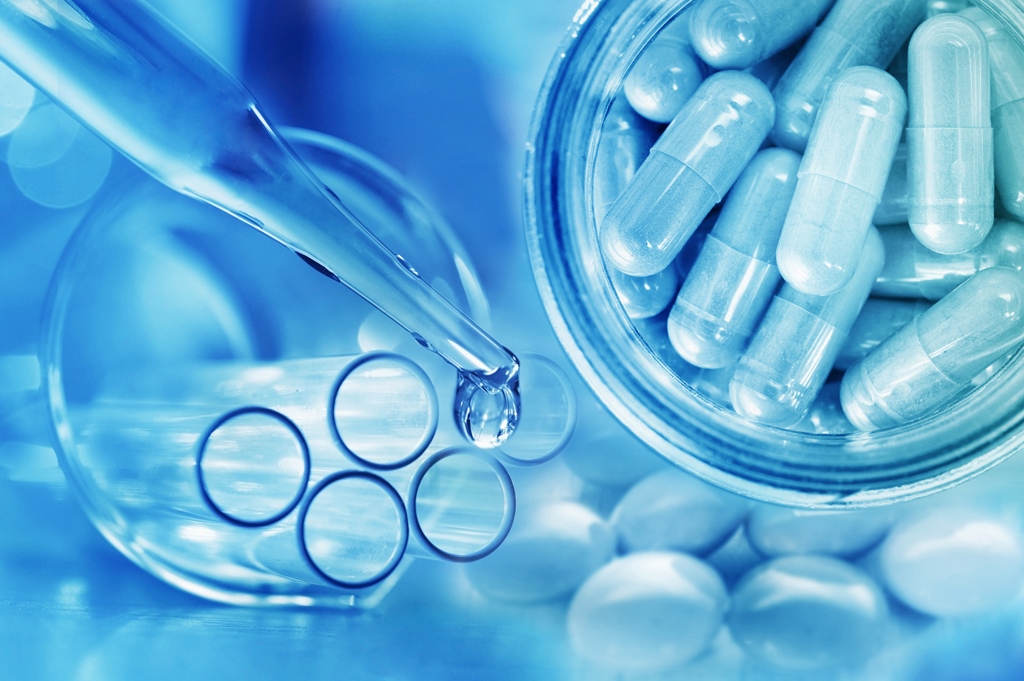A mutated form of the gene that makes a protein called TDP-43 has been implicated in neurological disorder amyotrophic lateral sclerosis (ALS).

A mutated form of the gene that makes a protein called TDP-43 has been implicated in neurological disorder amyotrophic lateral sclerosis (ALS). New research by Harvard researchers has revealed a connection between TDP-43 and another gene called Stathmin2 (STMN2), which could lead to new approaches to treating the disease. The researchers published their findings in Nature Neuroscience.
The scientists initially set out to identify all the genes that change when TDP-43 is manipulated within human neurons. Working with stem cell models of ALS, they found that STMN2 changes in lockstep with TDP-43. This is an important observation because STMN2 is involved in neuron growth and repair, which are processes that break down in ALS. When the TDP-43 gene malfunctions, aggregates of the protein can build up in the cytoplasm of nerve cells. This leads to the degeneration that is characteristic of ALS. Mutations in the gene that encodes TDP-43 can also be passed on in families.
The researchers believe the information they obtained from the stem cells is more valuable than findings from previous research using mouse models of ALS. “Because we had pluripotent stem cells of human origin, we could make cells in a dish that are relevant to ALS and investigate this very specific problem in the right context: with a human genome and all of the genetic factors that regulate motor neurons,” said Luis Williams, a member of the research team.
The next step for the Harvard team is to determine whether repairing the STMN2 gene can slow or halt ALS. “The discovery we have made suggests a clear approach for developing a potential therapy for ALS—one that would intervene in all but a very small number of individuals, regardless of the genetic cause of their disease,” said Kevin Eggan, professor of stem cell and regenerative biology, and principal faculty at the Harvard Stem Cell Institute.
